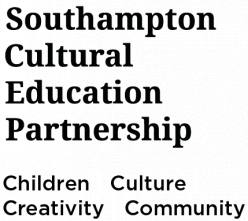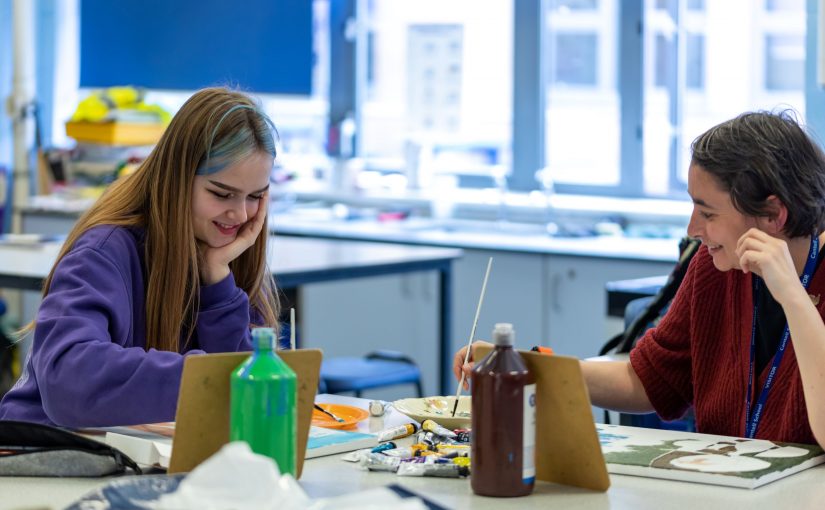Understanding the experiences of young people can be challenging. We are often forced to rely on anecdotal evidence, conversations with parents and educators, or our own instincts developed over years working in the sector. Even when high quality quantitative data does exist, the findings aren’t always relevant to the young people in our local neighbourhoods. That’s where programmes like #BeeWell come in.
What is #BeeWell?
#BeeWell is a youth-centred programme that exists to improve the wellbeing of young people across England. #BeeWell listens to the voices of young people through an annual wellbeing survey delivered with secondary schools. They work closely with young people, schools, partner organisations, local government, and health systems to act on the results.
Last autumn, #BeeWell surveyed just over 22,000 Year 8 and 10 pupils in 103 secondary schools across in Hampshire, Isle of Wight, Portsmouth, and Southampton. The survey covered numerous topics including health, relationships, hobbies, school, and much more.
The findings, released in March, give us a better idea of how our young people are feeling.
What about arts and culture?
The hobbies and entertainment section asked young people about the time they spent on various activities, including those linked to arts and culture.
Cinema and Theatre
When asked how often they go to the cinema or the theatre, 19% of the young people surveyed said they go to at least once a month, 45.8% go occasionally, while 35.2% go once a year or less. The picture in different Southampton neighbourhoods varies slightly, with 22.2% going at least once a month in Southampton South, compared to 16.2% in Southampton West. The data also shows a slight increase in visits for those with Special Educational Needs (SEN) compared to those without.
Reading for Pleasure
When asked how often they read for pleasure, 26% of young people said they read at least once a week compared to over 60% who read several times a year or less. The data shows that boys, those in older year groups, those who received free school meals and those with SEN are all less likely to read often compared to their peers. When broken down by area, the number of young people reading often was lower than average in Southampton East, North, South, and West, but higher than average in Southampton Central.
Making Things
When asked how often they draw, paint or make things outside of school, 40.4% of young people said they do this often or sometimes compared to just under 60% who did this occasionally or rarely. When looking at how gender affects these figures, the number of young people doing these activities often drops from 50.2% for girls to 28.8% for boys.
What next?
When we compare the findings above to the high number of young people regularly engaging in sports outside of school (71.4%), we can see that there’s still a long way to go to improve engagement in arts and culture. However, quantitative data can only ever tell us part of the story, to fill in the blanks we need to continue to engage in conversations with young people and other stakeholders. We need to keep evaluating ourselves and asking the challenging questions. Are our services affordable, accessible, and inclusive? Are we visible enough to the communities we aim to support? How can we collaborate with other sectors like sports or healthcare? How can get better at referring to other services in our area?
But you don’t have to do it alone. Through our blog and our Member Meetings, the SCEP is here to help you find creative solutions to the issues facing our young people.
Further Reading
#BeeWell Neighbourhood Data Hive
The #BeeWell team also completed a research briefing on PACE, where conclusions show that engagement in a wide range of activities is beneficial for wellbeing. Read more here.
To discuss the programme in more detail the team can be contacted at hiow.beewell@hants.gov.uk

